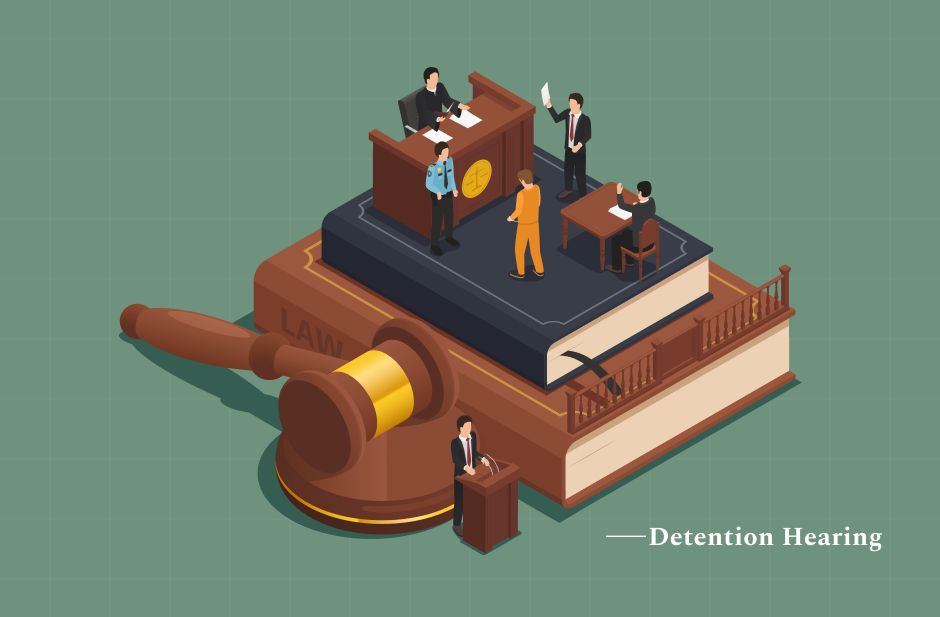When we discuss post-conviction lawyers, we’re referring to legal professionals who specialize in the phase of the criminal process that comes after a conviction has been handed down.
These attorneys play a critical role in advocating for the rights of individuals who have been found guilty, focusing on identifying and rectifying potential errors that occurred during the trial.
Post-conviction work involves a detailed examination of trial records, the presentation of new evidence, and the application of complex legal principles in an effort to secure a new trial, a reduced sentence, or, in some cases, an outright exoneration.
Reliance On Post-Conviction Lawyers
Our reliance on post-conviction lawyers underscores the importance of diligence and expertise within the justice system. These lawyers are often a convict’s last line of defense, navigating the intricacies of the law to uncover procedural mistakes or ineffective assistance of counsel that might have impacted the outcome of a case.
Their ability to manage appeals, habeas corpus petitions, and clemency requests is paramount to ensuring that justice prevails, even after a verdict has been delivered. Learn more about post conviction lawyer.
The path of a post-conviction lawyer is not a simple one. It requires an intimate understanding of appellate law, an unwavering commitment to their clients, and a thorough grasp of the avenues available for challenging a conviction.
We recognize that the legal landscape is ever-changing, and thus, these specialized attorneys must stay thoroughly informed of the latest legal precedents and legislative developments to effectively serve those who have been convicted.
Understanding Post-Conviction Law
In the realm of criminal justice, post-conviction law represents a critical avenue for individuals seeking relief after a verdict. We navigate this sophisticated legal landscape with a focus on the specific roles and forms of post-conviction relief.
The Role of a Lawyer
A post-conviction lawyer specializes in handling cases after a conviction has been finalized. Our primary responsibility includes examining the trial record, identifying constitutional violations, and mounting a powerful argument in appellate or post-conviction courts.
We tackle ineffective assistance of counsel, prosecutorial misconduct, and new evidence that could potentially overturn a conviction or lead to a new trial.
The Benefits Of Hiring A Post Conviction Lawyer

The courtroom trials are filled with their own complexities. It involves the reciprocation of laws, sections, subsections, and others. The post-conviction lawyers have their own benefits. This is why their popularity keeps on increasing.
Experience
The first benefit that needs to be mentioned is the experience. The courtroom sessions are intimidating and involve a great deal of paperwork. Criminal defense lawyers have the required expertise to help their clients during the most difficult phase. The internal team of the attorney takes care of the matter with utmost seriousness.
They help remove a heavy burden off the client’s shoulder. The post-conviction lawyer can help the clients by safeguarding their rights and interests. They also have the expertise in weighing the merits of the case. It helps the team chalk out strategies and help against the heavy penalties that include crippling fines. They help provide moral and emotional support to clients.
Pinpointing The Legal Errors
The defense attorney usually identified the legal errors that were made during the trial. It may affect the outcome of the case. The errors may be regarding the handling and delivery of the evidence and the counsel’s ineffective help.
Drafting And Filing Appeals
The post-conviction lawyer helps the client by preparing the legal documents. It is important for the appeal. It takes into account the briefs, motions, and notices of appeal. These documents are helpful in challenging the conviction.
So you need the assistance of the post-conviction lawyer who has the necessary foresight to understand the merits of the case and prepare the defense accordingly.
Gathering New Evidences
The court cases are won on the basis of strong evidence. If new evidence crop up that was not present during the trial, the attorney can provide it and change the entire complexion of the court case.
Apart from this, the post-conviction lawyers take responsibility for the Habeas Corpus petition and negotiate the plea bargains.
Types Of Post-Conviction Relief
Post-conviction relief comes in several forms:
- Appeal: We meticulously scrutinize the trial’s process to identify legal errors that could form the basis for an appeal.
- Habeas Corpus: This writ is to challenge unlawful detention, often citing rights violations or errors in the judgment or sentence.
- Motion for a New Trial: If new evidence emerges that could significantly affect the outcome, we can file this motion.
- Commutation of Sentence: We may apply for sentence reduction when circumstances warrant mercy or the original sentence is deemed excessive.
Expungement also falls under our purview, helping to clear or seal records, thus offering our clients a fresh start.
Navigating The Post-Conviction Process

We recognize that the post-conviction process is crucial for individuals seeking to challenge their convictions. It’s a complex legal journey that requires punctuality and a deep understanding of the law.
Filing For Relief
When we initiate the post-conviction relief process, our first step is to file a petition. The petitioner must clearly state the grounds for relief, such as ineffective assistance of counsel or new evidence. Eligibility requirements for filing vary by jurisdiction, but generally, the petition must be filed:
- Directly after appeals are exhausted, or
- Within a statutory timeframe if new evidence has emerged.
Appeals And Hearings
Once a petition is filed, the case may progress to the appeal stage. During appeals and hearings, we focus on presenting a cogent argument before the court. Our objectives include:
- Reviewing trial transcripts and evidence.
- Identifying legal errors made during the trial.
- Articulating the reasons why the conviction should be overturned or sentence reduced.
It’s our role to persuade the court through both written briefs and oral arguments.
The Importance Of Timeliness
We emphasize timeliness in the post-conviction process because missed deadlines can lead to a permanent loss of rights. Key time-sensitive aspects include:
- Filing deadlines: which are dictated by state and federal laws.
- Hearing dates are set by the court and must be adhered to.
It’s paramount that all documents are prepared and submitted well within these time frames to ensure a fair review of the case.
Read Also:
















